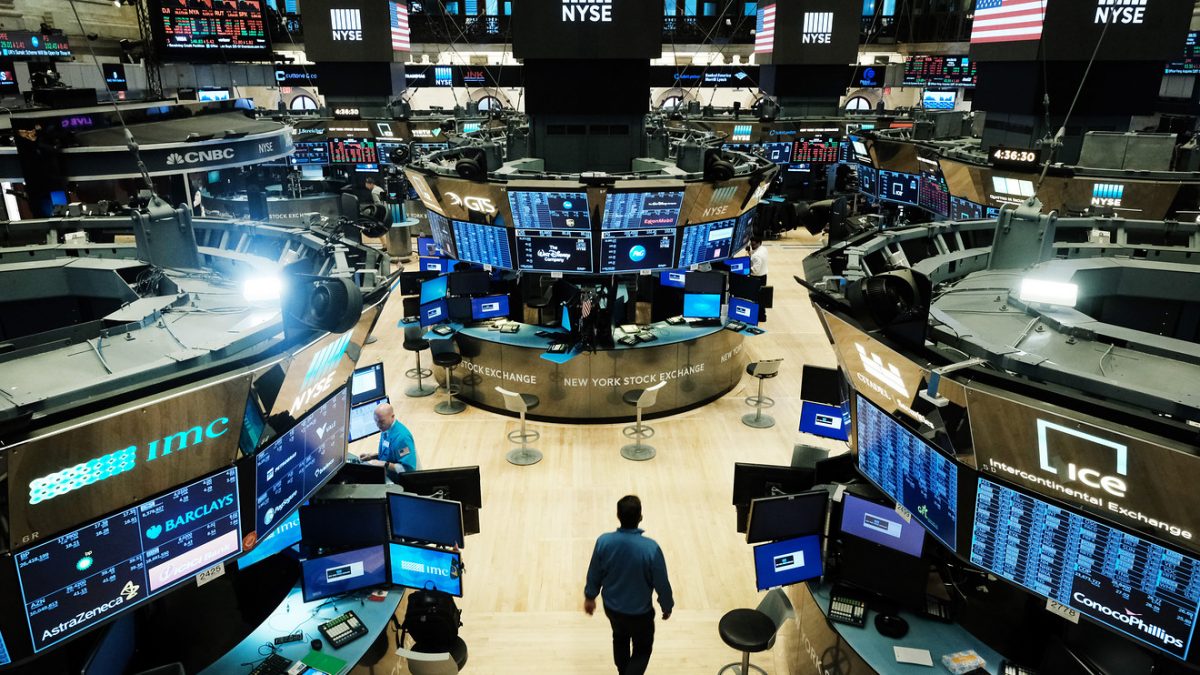Unigestion told investors that, in a base-case scenario, coronavirus would cause a 3.6% economic contraction in the eurozone and a 2.9% contraction in the U.S. for the year 2020

Published: April 9, 2020 at 5:34 a.m. ET, By Archie Mitchell
Unigestion, the global asset manager, has warned that the outbreak of COVID-19 will lead to a recession on the scale of the global financial crisis.
Unigestion told investors that, in a base-case scenario, the coronavirus crisis would cause a 3.6% economic contraction in the eurozone and a 2.9% contraction in the U.S. for the year 2020. Its extreme scenario would see 6.6% and 5.9% contractions respectively. In 2009, U.S. gross domestic product shrank by 2.5% while the eurozone’s shrank by 4.5%.
Despite the recent rebound in stocks, Unigestion cautioned against betting on a quick market recovery.
Read: Greed overtakes fear in the stock market, but don’t be lured into this short-lived rally
In a conference call on Wednesday, the firm’s head of macroeconomic research, Florian Ielpo, said that as companies report earnings in the coming weeks the depth of the economic impact of the coronavirus crisis will become clearer. That, in turn, will trigger a further selloff in the stock market.
”We think that the macro will essentially reassert itself and that it is going to be quite a challenging time for the markets ahead,” he said.
Ielpo urges caution for investors looking to buy cheap-looking stocks. While prices have fallen, lowering the price-to-earnings ratio often used as a gauge of a stock’s value, earnings expectations are set to fall as well.
“Prices have fallen dramatically from where they were…but if we go back to our base-case scenario that we’re looking at something like a 2008 type shock, we think that earnings expectations still have quite a distance to fall.”
“In particular over the next few weeks as corporates start reporting their earnings from Q1 we will see analysts continue to revise those estimates further down,” he said.
The S&P500 SPX Nasdaq Composite COMP, and Dow Jones Industrial Average DJIA indexes have all gained around 10% this week. London’s FTSE 100 FTSE, France’s CAC 40 CAC, and Germany’s DAX DAX have also gained by around 5%.
Unigestion’s modeling suggests a coming selloff from highs earlier this year approaching the -50% fall seen during and after the financial crisis.
Ielpo said the huge fiscal and monetary stimulus doled out by governments around the globe was positive but suggested a greater focus on direct support, rather than just loans, and a more global focus would be more effective.
“Until we see a better balance of stimulation, we want to be a bit cautious,” Ielpo said.
Source: www.marketwatch.com